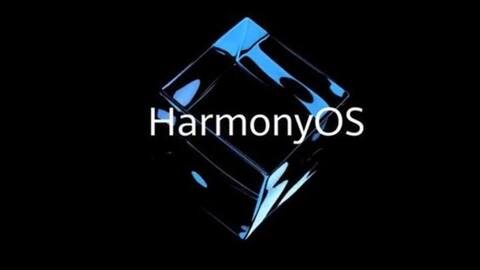Huawei phones will start replacing Android next year: Details here
What's the story
Finally, Huawei appears to be gearing up to take on Google's Android and Apple's iOS in the mobile operating system segment.
The Chinese tech-giant had already introduced the rival by the name of HarmonyOS, and now, it says that the platform will start debuting on smartphones in 2021.
Here is all you need to know about it.
Plan
Developer beta coming in December, stable release in 2021
At the annual developer conference of Huawei, CEO Richard Yu announced the second generation of HarmonyOS.
He said that the mobile-compatible developer beta of HarmonyOS 2.0 will start rolling out in December while the stable release will be shipped with the phones coming in 2021.
The OS was first unveiled in August 2019, with a promise of being faster and safer than Android.
Apps
App development will be a critical factor in roll-out
The exact timeline of HarmonyOS's availability will depend upon how many apps, particularly big ones, the company is able to rope in by next year.
As of now, HMS Core, Huawei's answer to Google Play Services, is said to have around 96,000 apps.
This is far less than Google Play Store's estimated 2.56 million apps and Apple App Store's 1.85 million apps.
Impact
Huawei lost Google services after US ban
While Huawei started working on its own operating system back in 2012, the project was fast-tracked after the US government placed the Chinese company on its entity list over security concerns.
The move, which was followed by several more sanctions, blocked Huawei's access to key American suppliers, including Google which offers Android and various essential services like YouTube, Gmail, and Google Maps.
Other devices
Other devices are also getting HarmonyOS
Meanwhile, along with smartphones, HarmonyOS 2.0 will also be available on IoT and smart devices.
The company has already launched smart TVs with the platform and has also confirmed the plan to open-source it for tablets, in-car systems, and smartwatches starting this week.
All this will grow the user-base of the platform in the coming years, the company expects.
